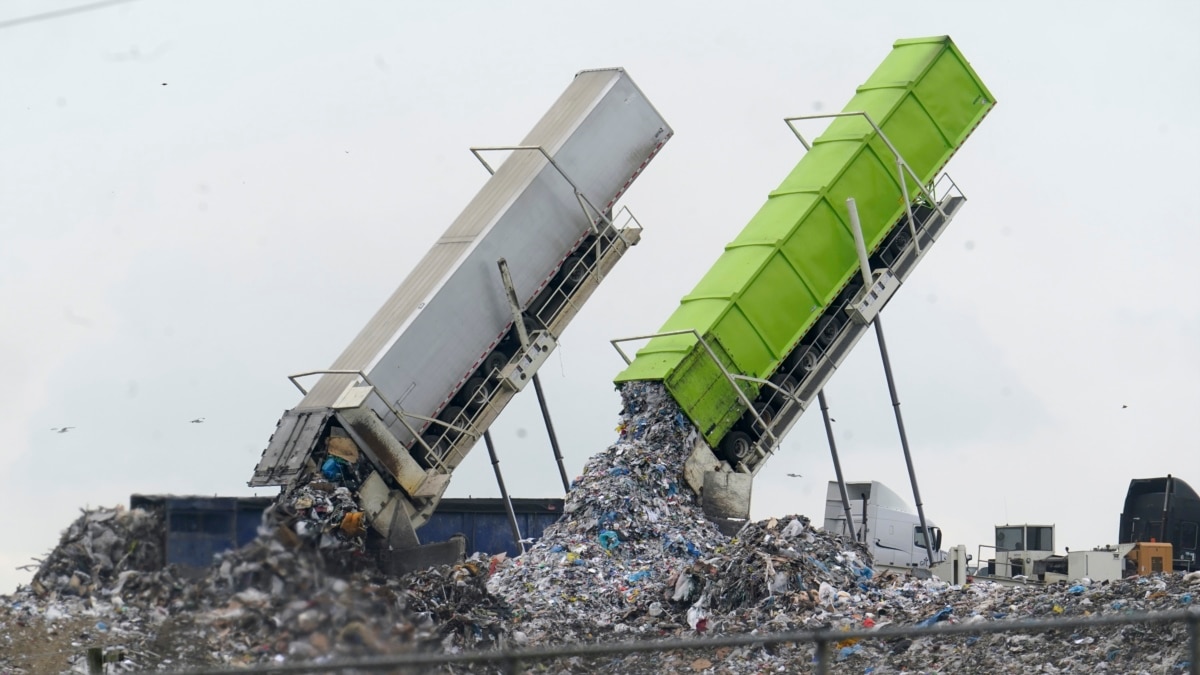The U.N. Environment Program’s Food Waste Index Report released Wednesday found that 19% of food produced around the world ended up as waste in 2022, equivalent to around 1.05 billion metric tons of food.
The report, which tracks the progress of countries to meet the U.N. Sustainable Develop Goal to halve food waste by 2030, asserted that the biggest contributor to total waste was households, which contributed 60% of food waste. Around 30% came from food services such as restaurants, and the remaining came from retailers.
On an individual level, the report found that each person wastes around 174 pounds of food annually, which adds up to at least 1 billion meals wasted daily worldwide.
“It is a travesty,” said co-author Clementine O’Connor, who focuses on food waste at UNEP. “It doesn’t make any sense, and it is a complicated problem, but through collaboration and systemic action, it is one that can be tackled.”
More than 80 million people worldwide face chronic hunger, and global food crises are growing.
Food waste also contributes to an increase in greenhouse gas emissions and inefficient use of land and resources to produce food. Food loss and waste generates 8% to 10% of global greenhouse gas emissions, which is just below the amount produced by the United States and China.
Fadila Jumare, a Nigeria-based project associate at the Busara Center for Behavioral Economics who studies food waste prevention in Kenya and Nigeria, said that food waste and inefficient food production harms the people who are vulnerable to food insecurity already or cannot afford to eat healthy food.
“For humanity, food waste means that less food is available to the poorest population,” said Jumare, who wasn’t involved in the report.
The report highlighted the widespread adoption of public-private partnerships by various governments, regional entities and industry groups as a strategy to mitigate food waste and alleviate its impact on climate change and water scarcity. Within the partnerships, collaboration can happen to monitor food waste.
The report also underscores the importance of food redistribution initiatives, such as donating excess food to food banks and charitable organizations, particularly within the retail sector, in combating food waste.
Some information for this report was provided by The Associated Press.







